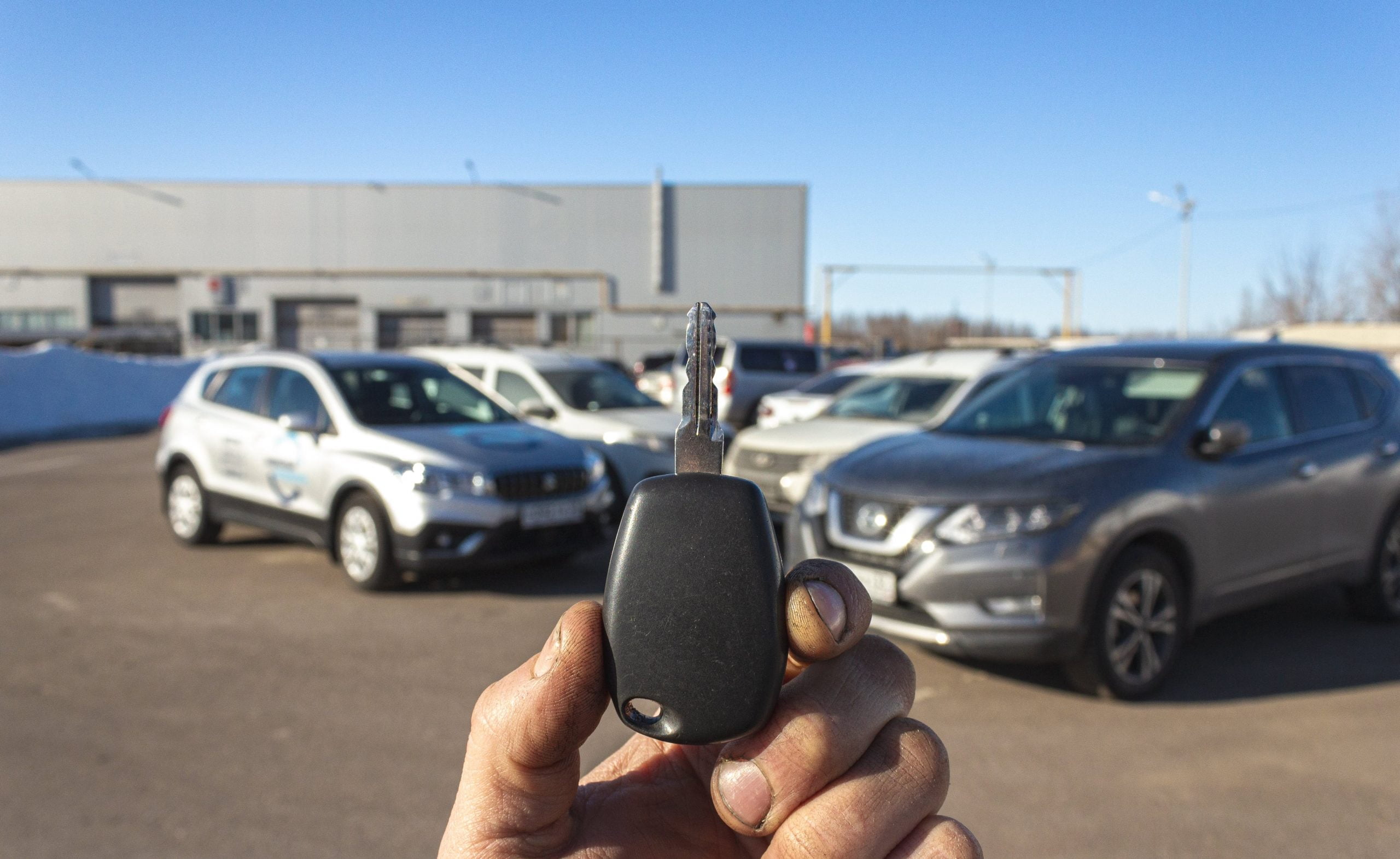If you are looking for auto insurance you can quickly feel your head spinning. Among all the different types of auto insurance and the minimum amount of insurance that you should have per state, it can be very difficult to accept. Read on for more information on the types of auto insurance.
The Most Common Types Of Auto Insurance.
Most states require drivers to have liability insurance for bodily injury and liability insurance for property damage. In some states, you may also need to purchase personal injury protection (PIP) or uninsured/uninsured automobile insurance. Additional coverage that you can add to your policies includes full and collision insurance, liability insurance, and medical payments. It is important to review the coverage required in your state before purchasing car insurance.

Liability Insurance
It means that you are legally responsible for something. Auto insurance is a car accident for which you are responsible in accordance with legal provisions. There are two types of liability in each car accident: bodily injury and property damage.
Liability For Bodily Harm
If you are responsible for an accident, bodily injury liability covers the other party’s injuries, including your medical expenses, lost wages, pain, and suffering. Insurance coverage also applies to everyone else who drives your car.
Liability For Property Damage
This applies to damage that may result from a collision with another person’s property. It usually covers cars, but can also cover other items such as fences, buildings, mailboxes or street lights. Liability for property damage does not cover damage to your property. In this case, I would like to add collision coverage which is not a government mandate to cover these costs. Minimum liability insurance for property damage is generally $ 10 to $ 25,000 per accident. Your insurance agent could tell you the minimum in your state.
Biker Insurance Without Insurance And With Insufficient Insurance
This coverage is for you if the other person is responsible but does not have the liability insurance that you must pay for expenses related to an accident. If you, your designated driver or a family member are hit by a driver with insufficient or no insurance, this type of insurance pays compensation. Uninsured and uninsured automobile insurance policies can also cover the policyholder in the event of accidents and pedestrian abuse. This insurance can cover both your medical expenses and damage to your property, or you may need to purchase separate insurance for each. In addition to the required liability insurance, you may want to consider optional coverage options for your vehicle, especially if it is newer or more valuable. This coverage is not required by law. It is up to you and your agent to determine how much you want to spend and how much coverage you want to receive.





